As part of a project jointly led by WWF and Rewilding Europe, bison reintroduced to the southwestern Armenis region of Romania in 2014 have settled well and now number 105. There have been no deaths in the past 2 years, and the goal is to reach a population of 250 in five years’ time.
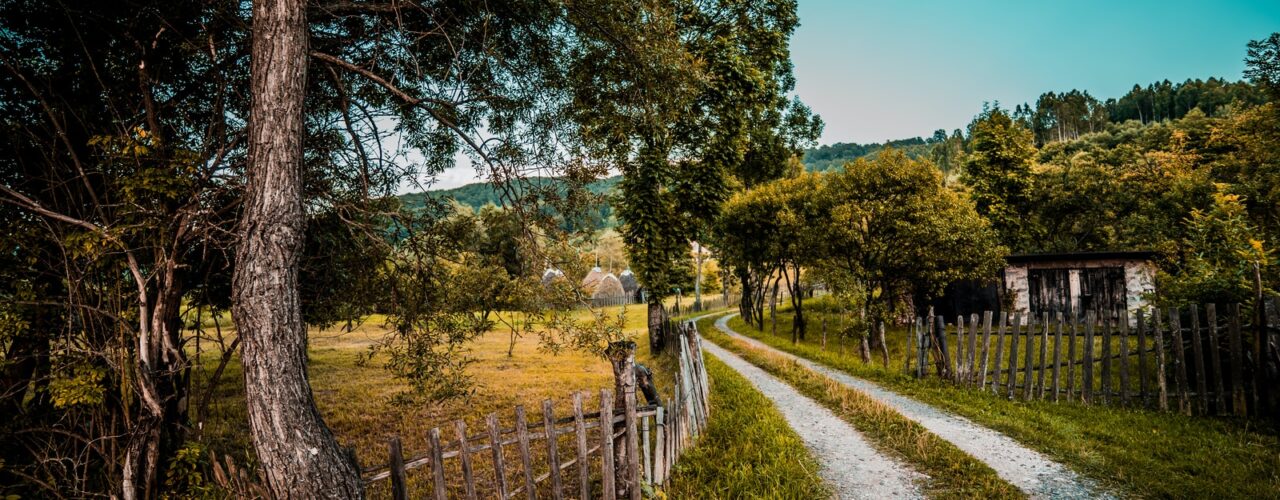
So what?
The European bison was gradually hunted to extinction from most of its range over the past two millennia, with the last bison in the wild being hunted in the early 20th century. Through reintroductions of captive individuals as part of various rewilding projects, the bison is no longer a vulnerable species, even though its current range is a fraction of its historic spread.
Many of Europe’s wildlife – including bison, wolves, beavers, lynxes – are either non-existent or severely limited in their historic range. Efforts to ‘rewild’ areas that have lost biodiversity are picking up pace across the continent. Given the important roles that many of these organisms play in their habitats, their introduction might be vital in restoring the health of many degraded ecosystems. Yet efforts at rewilding will also need to be cognizant of other existing land needs, possible conflicts with humans and livestock, and the need to ensure local buy-in and support.
Sources
-
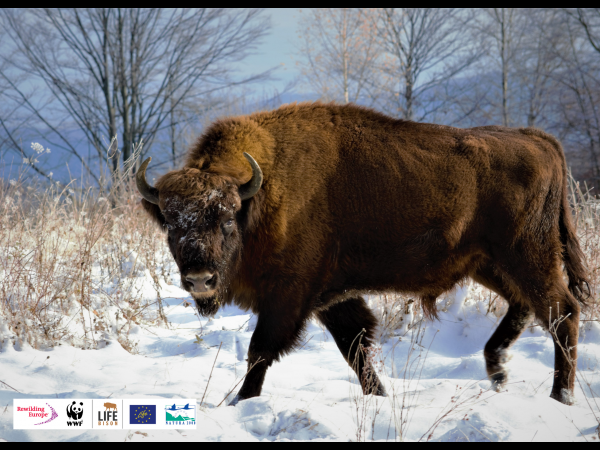 The European Bison is No Longer a Vulnerable Species https://wwfcee.org/our-offices/romania/the-european-bison-is-no-longer-a-vulnerable-species
The European Bison is No Longer a Vulnerable Species https://wwfcee.org/our-offices/romania/the-european-bison-is-no-longer-a-vulnerable-species -
 Rescued from extinction, bison rediscover Romania mountains https://www.france24.com/en/live-news/20211026-rescued-from-extinction-bison-rediscover-romania-mountains
Rescued from extinction, bison rediscover Romania mountains https://www.france24.com/en/live-news/20211026-rescued-from-extinction-bison-rediscover-romania-mountains
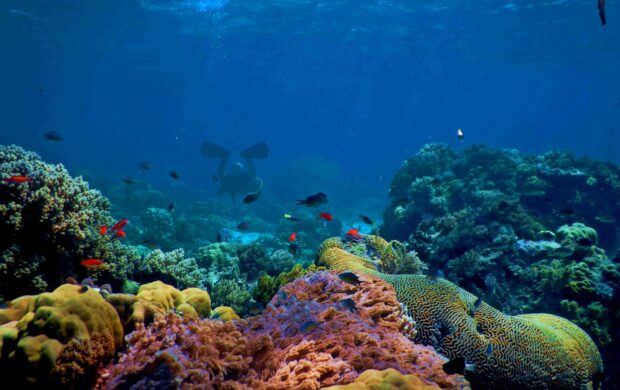
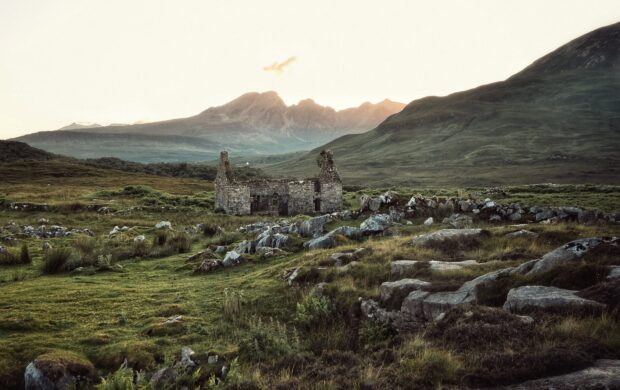
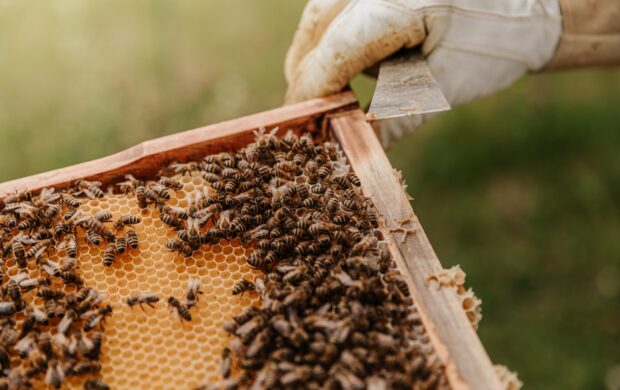

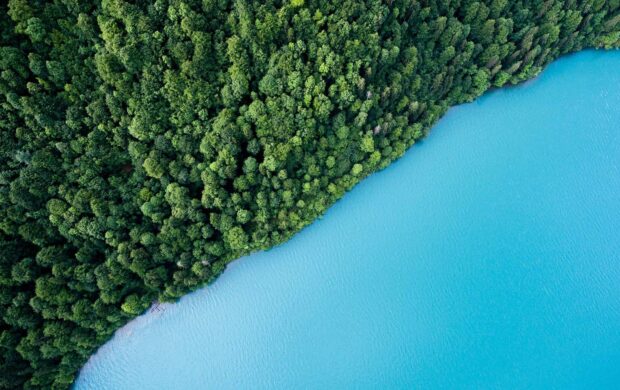
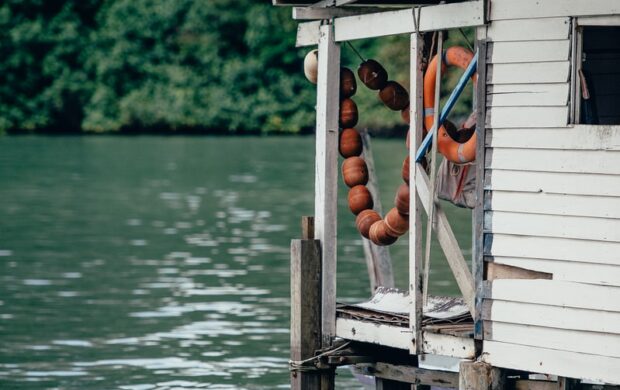
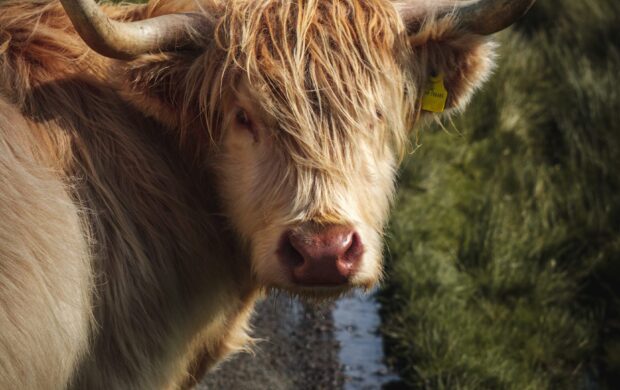


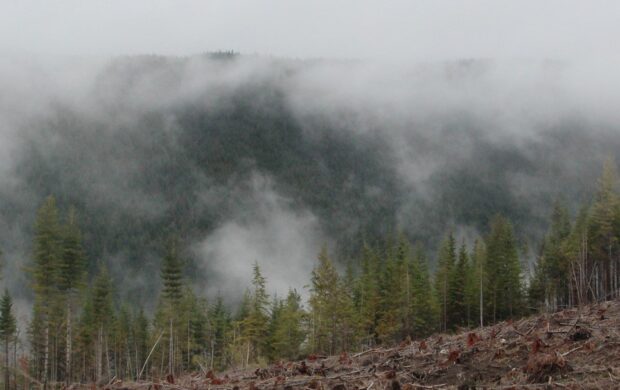
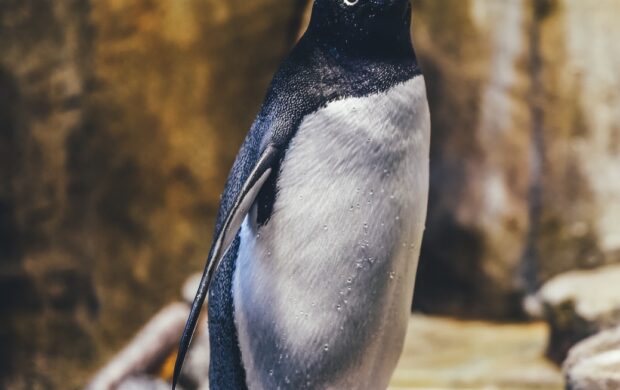

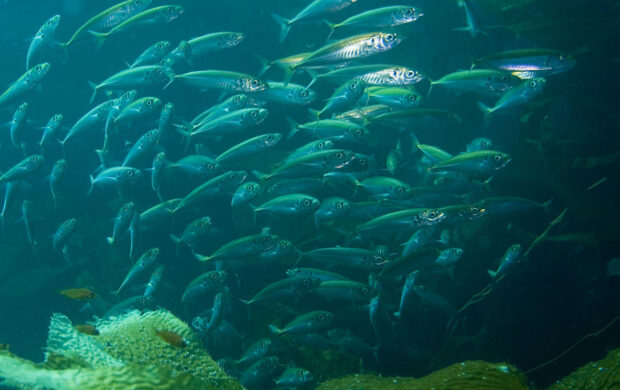
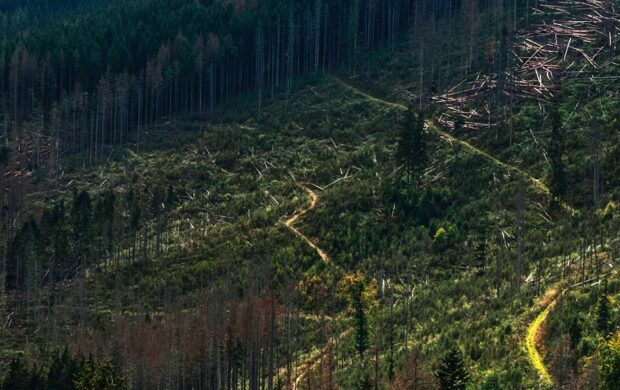
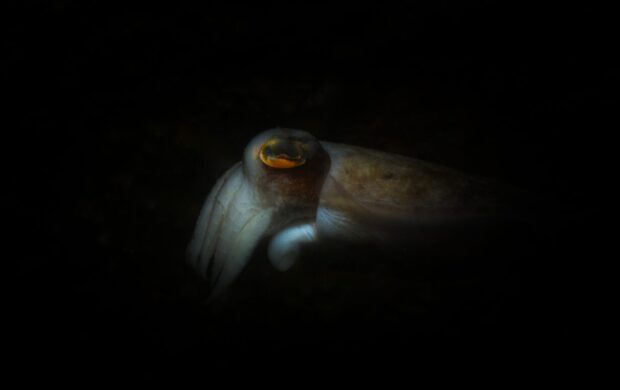

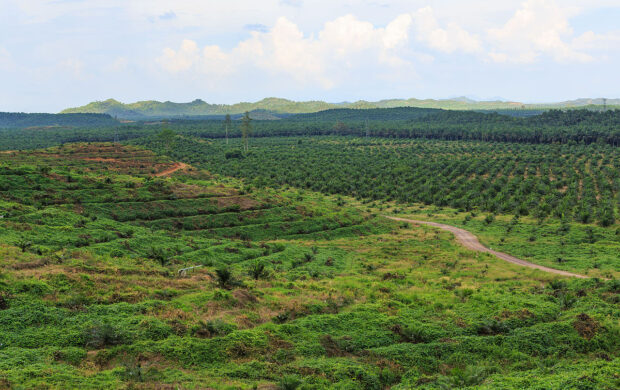

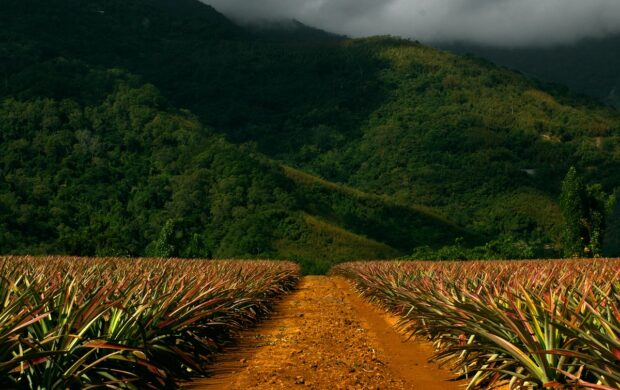

Join discussion